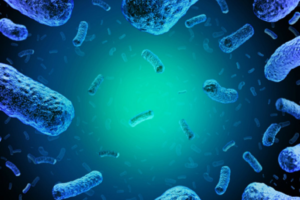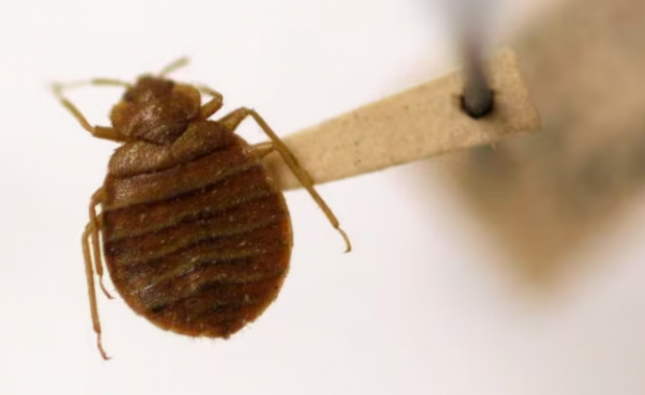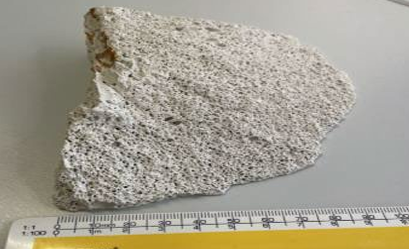You can get food poisoning by consuming food which has been contaminated with bacteria, viruses, pathogens and germs which are harmful to your body. Food poisoning can be unpleasant, as it causes sickness and diarrhoea. Often, food poisoning can be treated at home and you will typically feel better after a week. However, serious incidents of food poisoning will require immediate medical attention. Knowing how to avoid food poisoning is important.
The living organisms which contaminate our food and cause food poisoning in our bodies include the following:
Bacteria:
- Salmonella
- Escherichia coli (E. coli)
- Listeria
Viruses:
- Norovirus
- Hepatitis A and E
- Rotavirus
Food Contamination
Food will become contaminated if it is not handled, stored, prepared and served to consumers appropriately. The Food Hygiene Regulations 2006 set out the expectations which food businesses should abide by, regarding how they produce, handle and serve their food to consumers. If a food business does not abide by regulated food practice, then food could become contaminated due to the following:
- Failing to cook food properly, and therefore the core temperature of food does not reach 75°C or 70°C for at least 2 minutes, and all bacteria is not killed off completely.
- Leaving food out on the side for a long period of time, allowing warm conditions to encourage bacteria to multiply.
- Someone handles food without washing their hands thoroughly, allowing pathogens to transfer from the hands to the food.
- Reheated food isn’t reheated thoroughly, and therefore the present bacteria is not killed off.
- Food isn’t stored properly, either in a freezer or a fridge, allowing bacteria to grow in ideal warm conditions. Refrigerated foods should be kept between the temperature of 0°C and 5°C.
- Food is consumed well after the date of expiry.

What are the consequences for making people sick from your food?
If a food business makes someone ill after serving them food which has been contaminated and produced un-hygienically, there will be serious consequences for this.
The UK Food Standards Agency (FSA) are the body responsible for investigating food business in the UK to ensure they are producing food hygienically and safely for consumers. The FSA investigate 600,000 food businesses, along with local authorities, and if they find that UK food legislation is not upheld, they will bring the business in question to prosecution. Prosecution can involve fines, closure of the business, negative media attention and sometimes, imprisonment for individuals who have breached food safety laws severely.
In February 2019, it was reported that a woman sadly died after falling ill with food poisoning after an outbreak at a Michelin-starred restaurant in Valencia, the Riff. There were 29 other diners who had experienced food poisoning from the restaurant but were recovering. It is believed that a mushroom risotto was the cause of the food poisoning. However, the restaurant has been closed until it is discovered what definitely caused the food poisoning.
Knowing how to produce food hygienically and safely is of the utmost importance to avoid food poisoning.


